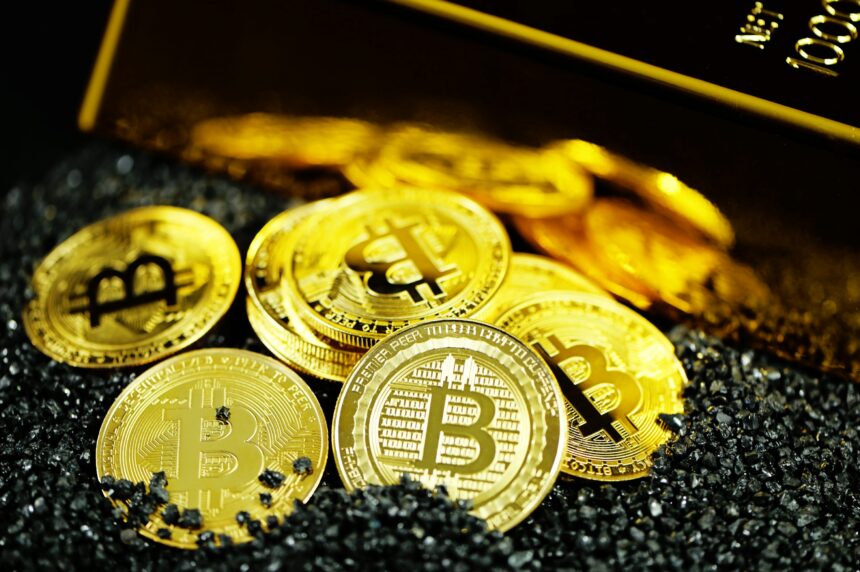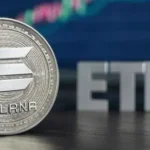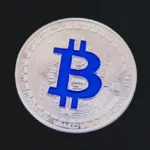
Industry voices say the U.S. is likely to hold off on buying Bitcoin until other countries move first. This view was echoed by crypto entrepreneur Mike Alfred, who said the government would only intervene “if there is sufficient external pressure.”
His comments frame Washington’s approach as reactive rather than proactive. The timing remains unclear.
Governments are monitoring each other
Alfred said the broader trend could continue if prices rise. He told listeners that he expects Bitcoin to reach $1 million by 2033, arguing that most countries will own Bitcoin through direct or indirect exposure by then.
Other prominent figures, including Strategy Chairman Michael Saylor and Coinbase CEO Brian Armstrong, have suggested even earlier dates, suggesting seven-digit prices could be reached as early as 2030 or 2035.
Some industry players are using these predictions to urge governments to act now rather than later.
Strategic reserves still lack strategy
In March, US President Donald Trump signed an executive order creating the Strategic Bitcoin Reserve. The order directs the use of budget-neutral methods to increase reserves, but a formal plan has not yet been developed.
Galaxy Digital analyst Alex Thorne recently claimed that there is a “strong possibility” that the US will officially announce holdings of BTC as a strategic asset this year, although no confirmed holdings have yet been made public. The proposal exists on paper. Practical steps are not visualized.
Yes, I mean the US government announced it, not Bessent’s candid comments on TV.
This comment gave a hint as to how they are thinking about the size of the reserve stand, but is not an official announcement from SBR https://t.co/ADxguLJ8vH
— Alex Thorne (@intangiblecoins) September 11, 2025
Warning about being a frontrunner
Some industry insiders say delays come with risks. Jan3 founder Samson Moe warned that the US “must start” acquiring Bitcoin soon or risk being left ahead of other countries, citing Pakistan as an example of a country it plans to buy.
Alfred noted that prior to the March order, he felt it was unlikely that Bitcoin would be widely recognized officially in the United States. Many industry observers believe there will be a race to secure BTC, and pressure from abroad could be a decisive factor for policymakers.
Institutions participating in the conflict
Financial institutions are expanding their footprint despite price fluctuations. Bitcoin fell below $95,000. Still, organized activity appears to be growing.
Major US digital trading platforms and chartered banks are opening up crypto trading to institutional clients, and the Singapore Exchange’s derivatives arm is adding perpetual futures.
The policy shift also allowed some companies to launch products traded on crypto exchanges, expanding access. These steps show that companies are building infrastructure and services despite fluctuating prices.
Concentration of supply is also becoming noticeable. Companies currently control about 14% of Bitcoin’s 21 million supply through product companies and companies that hold BTC on their books.
This 14% figure excludes large holdings by miners, sovereign states like El Salvador, and assets locked in decentralized finance protocols, all of which would drive up the share.
Liquidity could become tight as large amounts of supply are concentrated in certain hands. Governments taking notice of this trend may be forced to add Bitcoin to their official stores just to keep pace with other holders.
Now wait and observe
Alfred is basically saying that the US will probably wait before buying Bitcoin. He believes the government wants to see other countries take the first big steps before starting to collect Bitcoin itself. For now, the Strategic Bitcoin Reserve is more of a plan on paper than something actually happening.
Featured image from Unsplash, chart from TradingView

editing process for is focused on providing thoroughly researched, accurate, and unbiased content. We adhere to strict sourcing standards, and each page is carefully reviewed by our team of top technology experts and experienced editors. This process ensures the integrity, relevance, and value of your content to your readers.










